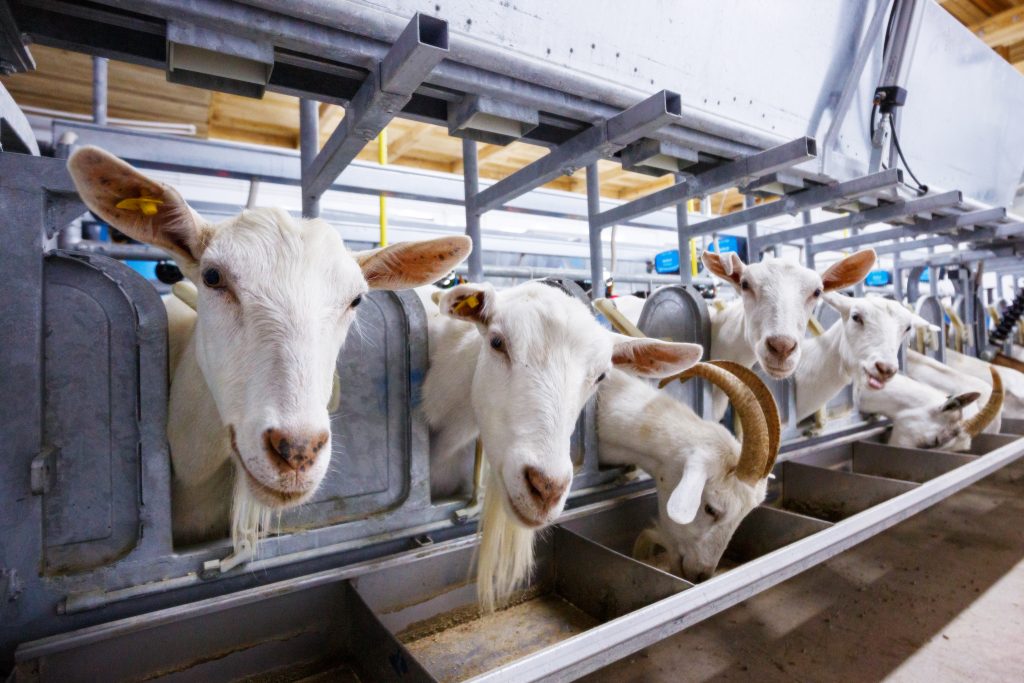This season, only 4 out of 100 villagers were able to grow harvestable crops in my home region. The rainy season is almost over in Zimbabwe. Only 16 inches of rain fell, but normally it's around 34 inches. If we're lucky, we might get another 4 inches before the end of the season in a few weeks, but it's too late for the corn crop.
While Zimbabwe is witnessing the devastation of crops that are completely devastated and sunburned and cobs gone, the Zimbabwean government is busy making a fuss about the US Magnitsky sanctions. The sanctions target three local companies and 11 individuals.
advertisement
Continue reading below
read:
A statement released by the White House on Monday, March 4, said: “Today, we are refocusing sanctions on clear and specific targets.”
The report names Zimbabwe's president and wife, the vice president, the defense minister, and the deputy director of the Central Intelligence Agency, and describes a “criminal network of government officials and businessmen responsible for corruption and human rights violations against the people.” There is. Zimbabwe”.
“The United States remains deeply concerned about democratic backsliding, human rights violations, and government corruption in Zimbabwe.”
“It's a sanction,” an elderly villager said when we met this week. “Sanctions mean nothing if there is nothing to eat.”
old way, good way
“How did you do it?” I asked James, one of four people who had managed to grow crops in such a drought.
He chuckled, a wide grin spreading across his face. “I remember what my dad taught me,” he said.
He imitated his father and said: “Don't listen to the radio, don't believe the weather forecast. James, please know that the first rain in Zimbabwe always falls in October, always in October. Don't be prepared. Hey, kid.”
And James always is. He laughed and looked up at our bright blue March sky.
“Everyone thinks I’m Penga. [mad] In the village,” he said.
“I've seen them shake their heads and laugh when I go out planting corn in the hot October sun with no rain clouds anywhere.”
James dry-planted his fields on October 12, 2023, before it rained, and five days later, an inch and a half of rain fell.
That was enough to get the seeds to germinate and see them through until the next rain, which came three weeks later. James's harvest is enough to feed her family of three between harvests, with a little extra here and there to help desperate neighbors.
In the shade of a big green tree, James told us many other wonderful stories about his elderly father, who was born in 1935.
I was lucky enough to learn about the last 20 years of his father's life and we had many laughs.
Tough times again
In the end, James and I went back to where we started talking about how people will survive without crops to harvest this April.
advertisement
Continue reading below
Agriculture officials say the majority of the 2023/24 maize crop has been completely wiped out.
If you buy processed corn in town for about $8.50 per 10kg bag, a family of four will need three bags per month.
“It’s a medium-sized goat,” James said, showing me his height at about the height of his calf. “In order to buy enough corn, a person has to sell this every month. But in order to buy everything he needs, he has to sell three goats a month.”
Just before I left James, I was reminded of the absurdity of that day in 2005, when I saw all the bags of international food aid being given to people in long winding lines.
We had a good laugh that day as we watched government workers sit behind a large tree, open bags of USA aid and put the contents into bags in Zimbabwe so that no one would know where the corn came from.
“As if we didn't know.” We laughed. James and I both laughed at that memory, but soon we had to go our separate ways, and our laughter died in the wind for just a moment.
There have been so many stories, so many things we have all been through and so much pain in Zimbabwe over the past 24 years.
Read: As Zimbabwe's human rights abuses continue, the dead also suffer
As I watched James leave, I remembered the last time I saw his father. They were in the middle of a land invasion. He lost his soul, lost his job, his home was taken over, the farm he worked on for decades was seized by a mob of government supporters, and he lost his income.
James' father died soon afterward, shaking his head until he went to his grave.
He was a great man, and his son is still a great man, someone who gives history and wisdom about the old ways to those around him.
read:
South Africa raises red flag over reports of rights violations in Zimbabwe [Aug 2020]
President Jim denounces 'divisive falsehoods' surrounding rights violation claims [Aug 2020]
Zimbabwean Catholic bishop and lawyer criticize government abuse allegations [Aug 2020]
Copyright © Kathy Buckle

